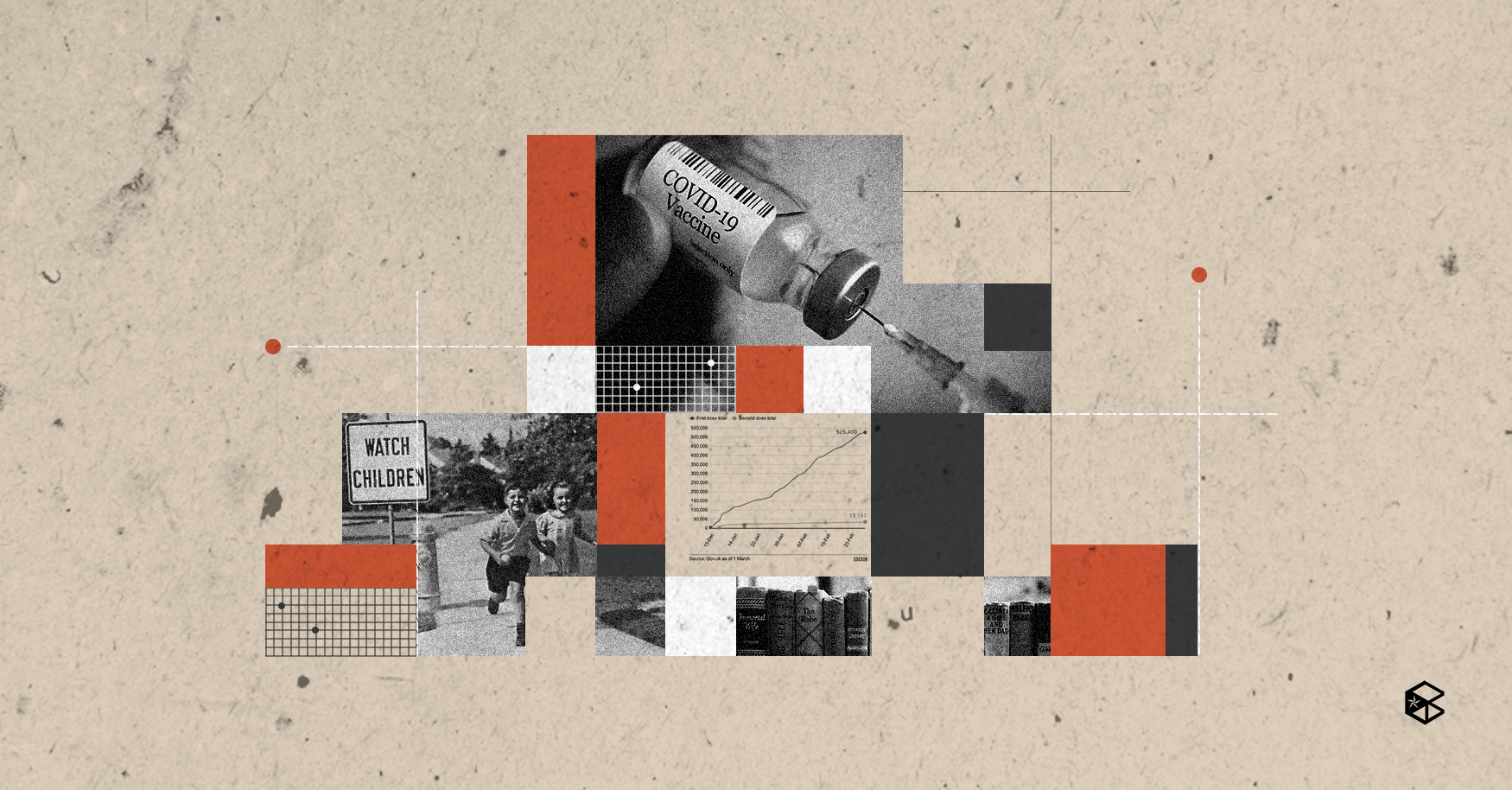The COVID-19 pandemic has taken a toll on children’s mental health, well-being, and education. The recent rollout of vaccination for children ages 12 to 17 serves as their protection as the country prepares for the gradual reopening of economic and social activities.
Over a year into the pandemic, children’s mental health and well-being have been adversely affected. Schools have been closed for the longest time and relied heavily on the online modality which not everyone has the same privilege to access.
As different variants continue to spread around the world, children below 18 years old are left vulnerable to COVID-19. In the Philippines, there have been several cases of children who contracted the Delta variant as early as July 2021, with the youngest case being a three-year-old from Bacolod City.
Since the emergence of the highly contagious Delta variant in October 2020, it has been deemed as the most dominant and contagious variant around the world. According to the World Health Organization (WHO), Delta accounts for almost 99% of COVID-19 cases around the world.
Before the emergence of the Delta variant, children are said to be less prone to contract severe COVID-19 infection.
Expanding vaccination coverage
In June 2021, the Philippine Food and Drug Administration (FDA) approved the use of Pfizer-BioNTech’s vaccine for ages 12 to 17 while Moderna’s vaccine followed in September 2021. China-based Sinovac has also applied for emergency use among children aged three to 17, however, the FDA has yet to approve its emergency use authorization (EUA).
Meanwhile, the vaccine rollout was initiated in the first week of November, adding approximately 12.7 million individuals to the initial target of around 70% of the Philippine population. Moreover, it could provide adequate protection for children, especially those with underlying comorbidities. With a stable vaccine supply throughout the rest of 2021, the Department of Health (DOH) targets to vaccinate 80% of the youth by December 2021.
As of Nov. 17, the DOH said they have vaccinated more than 800,000 adolescents.
Catering to the youth
Filipino youth are left vulnerable as there are no approved vaccines for those below 12 years old. Countries such as Malaysia, Cambodia, and Indonesia plan to inoculate children ages 5 to 11 with Pfizer and Sinovac vaccines, following the approval in the United States. Meanwhile, the Philippines is eyeing to expand the vaccination rollout for the same age group in 2022.
As the government plans to slowly resume face-to-face classes in the remainder of 2021 and through 2022, the vaccines would ensure the students’ safety and serve as a confidence booster for students in returning to the limited in-person setup. After almost two years of online learning, the country was the last to re-open its classrooms, and having the rollout of vaccines among the youth can become a possible game-changer in the coming years.
The expansion of vaccination for younger children or adolescents is a welcome development towards the new normal as children have gone through a lot during the long period of lockdowns.
Still, with the unpredictability of this global pandemic, vaccines, along with minimum public health and safety protocols are the only measures that can protect us from the virus, at least for now.


